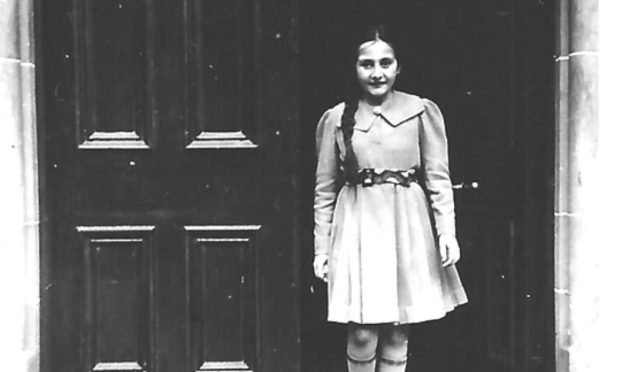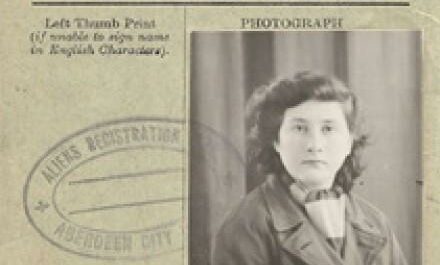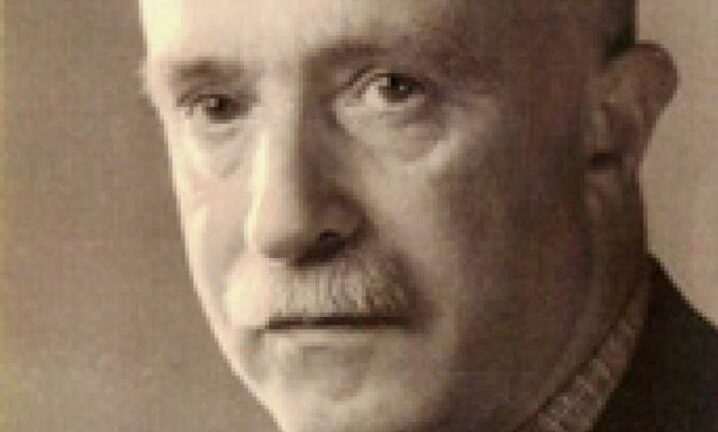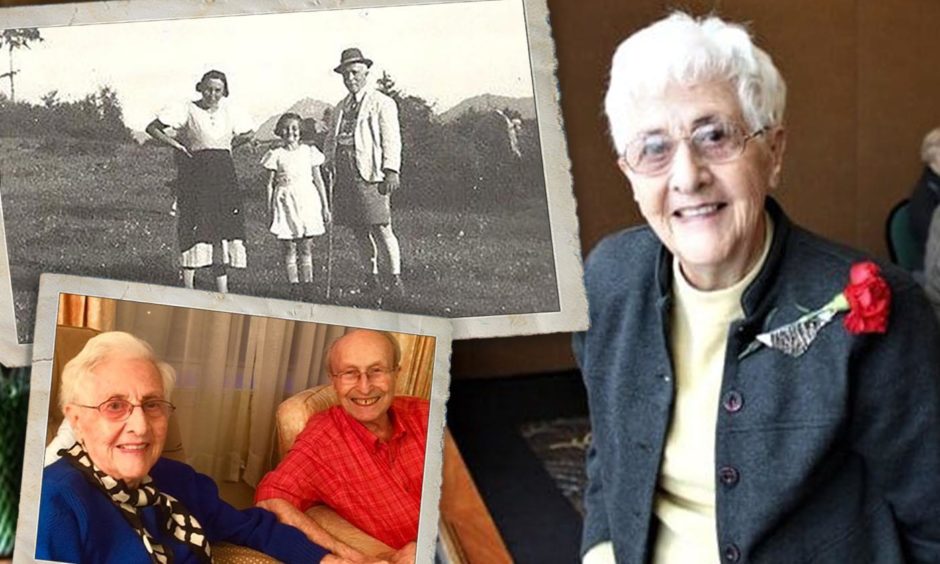Erika Schulhof Rybeck, whose parents sent her to Scotland on Kindertransport to save her from the Nazi death camps, has died aged 92.
She attended convent school in Aberdeen and forged lifelong friendships in Scotland before emigrating to the United States where she married and raised a family.
Erika did not learn what had become of her parents until her son Rick conducted research in Poland in 2002.
Her father Friedrich, who had been a sugar factory manager in Austria until being dismissed by the Nazis because of his Jewish heritage, and her mother, Gertrude, had been deported from Vienna to Lodz in Poland on October 23, 1941.
On May 9, the following year they were put on a 7am train to the Chelmno death camp in occupied Poland where they were killed.
Erika’s father was a decorated First World War veteran who, along with his wife, had converted from Judaism to Catholicism around the time of her birth.
When Germany annexed Austria, Friedrich lost his job and the family moved from Hohenau, a small city near the Czech border, to live with relatives in Vienna.
Her parents shielded Erika from her Jewish ancestry and sent her to a convent school in Vienna.
Kindertransport
Then, in May 1939, Erika’s parents told her the family were emigrating to the US but that she would have to go in advance while they put their affairs in order.
Erika, then 10, did not realise she was being placed in Kindertransport to remove Jewish children from German-controlled Europe. Neither did she realise she would never see her parents again.
When Erika arrived at the Sacred Heart convent school in Queen’s Cross, Aberdeen, she spoke no English and no one at the school spoke German.
She spent the war years in Aberdeen before studying at the then Craiglockhart College in Edinburgh before emigrating to Yellow Springs, Ohio, to join her aunt and uncle, Mia and Fritz Treuer.
Teaching qualifications
Erika gained teaching qualifications from the University of Dayton before teaching in a deprived neighbourhood in the city.
In 1954 after an engagement to a Jewish man failed due to religious differences, she accepted a teaching post in California.
Just before leaving Ohio, she had met Walter Rybeck, a journalist and a Jew, who had recently broken up with a Catholic girl.
They married in 1954 and Erika converted to Judaism, the faith of her forebears.
She gave birth to two sons, Richard in 1956 and Alex in 1957. In 1960, the family moved to the suburbs of Washington DC.
In the early 1960s, Erika survived stomach cancer. She also volunteered with an organisation that taught English to women whose husbands were employed by various embassies.
In touch with Scotland
She also became involved with the Austrian-American Society and stayed in touch with her Scottish classmates via a round-robin newsletter organised by one of the Sacred Heart nuns.
While her boys were growing up, Erika could not remember any German language.
However, after the boys went to college, her German language suddenly returned, albeit the language of a 10-year-old girl.
Holocaust survivors
During this time, Erika became involved with a group of people who had survived the Holocaust.
Her son, Rick, said: “She had been shielded from her Jewish identity as a child.
“As an adult, she was often told how lucky she was to have escaped the concentration camps. But, having last seen her parents at the age of 10, she didn’t feel lucky.
“Not surprisingly, she suffered bouts of depression.”
Troubling discovery
Rick’s discovery of her parents’ fate ended the uncertainty that had troubled Erika for more than 60 years.
Erika and Walter moved to a retirement community in Maryland in 2005 where she wrote her memoir, On My Own: Decoding the Conspiracy of Silence, which was published in 2013.
Memorial
In 2014, Erika was diagnosed with pancreatic cancer and was admitted twice to a hospice but recovered enough to be discharged.
Walter died on May 3 this year aged 96 and Erika on August 18.
A memorial service will be held in Maryland on October 9.
Her life in Aberdeen was documented earlier this year in this Press and Journal article.



